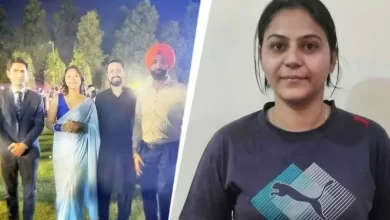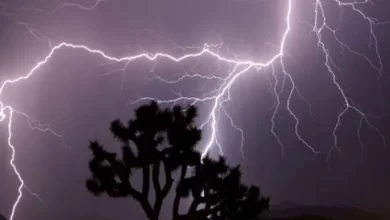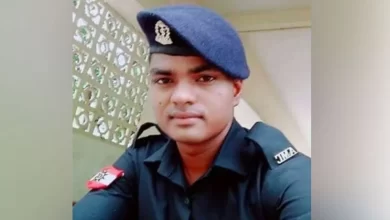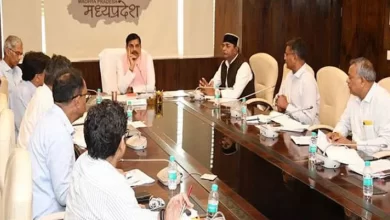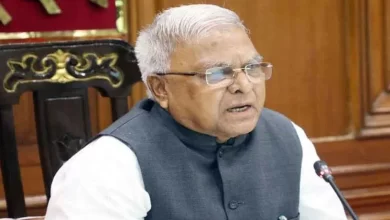‘Remove all British names withing a week’: BJP’s Suvendu Adhikari after Mughal Garden gets renamed

Suvendu Adhikari, leader of the opposition in the West Bengal Assembly, called for the renaming of locations named after Mughal emperors on Saturday. The Mughal Garden and the other grounds of Rashtrapati Bhavan in Delhi have just been renamed “Amrit Udyan,” which is the name the BJP leader used in his speech.
“They (Mughals) killed so many Hindus and destroyed temples. All the places named after them should be identified and renamed. We will remove all British and Mughal names within a week if BJP comes to power in Bengal,” Mr Adhikari told ANI.
Giriraj Singh, the Union Minister for Rural Development, welcomed the renaming of Rashtrapati Bhavan’s gardens.
Rashtrapati Bhavan contains a great variety of gardens, and President Droupadi Murmu has given the gardens a common name as ‘Amrit Udyan’ to commemorate the 75th anniversary of India’s independence as ‘Azadi ka Amrit Mahotsav’.
“On the occasion of the celebrations of 75 years of Independence as ‘Azadi ka Amrit Mahotsav’, the President of India has given a common name to the Rashtrapati Bhavan gardens as ‘Amrit Udyan’,” Navika Gupta, Deputy Press Secretary to the President, said.
The Union Minister said that the nation should celebrate its independence in a dignified manner.
Rashtrapati Bhavan’s gardens will officially open tomorrow, and President Droupadi Murmu will be there to celebrate.
The President’s Press Secretary, Ajay Singh, has announced that the name “Amrit Udyan” would be used to refer to all of the gardens located inside Rashtrapati Bhavan.
“Earlier there were descriptive identities, now a new identity has been given to the gardens,” he said.
There are a number of different gardens in Rashtrapati Bhavan, including the East Lawn, Central Lawn, Long Garden, and Circular Garden. Herbal-I, Herbal-II, Tactile Garden, Bonsai Garden, and Arogya Vanam are only a few of the gardens that were created under the administrations of previous presidents Dr. A.P.J. Abdul Kalam and Ram Nath Kovind.
(With inputs from ANI)


